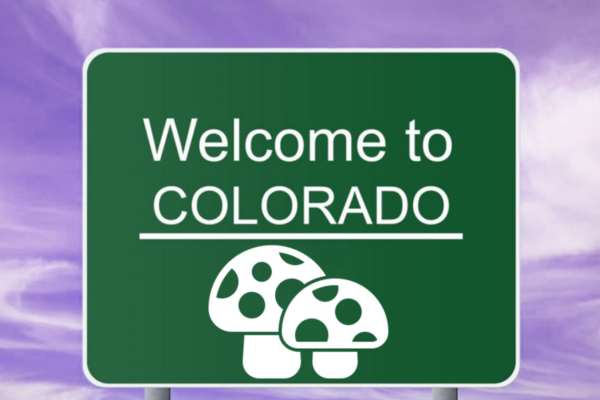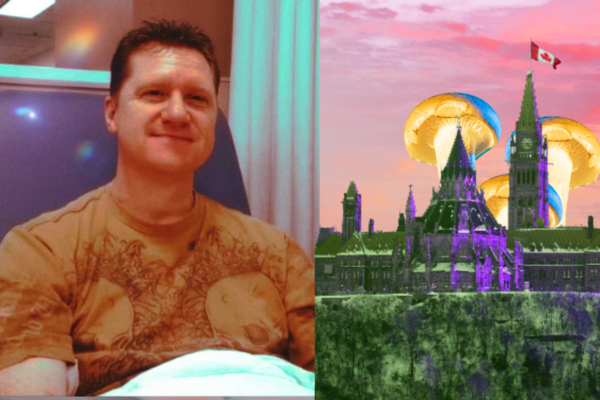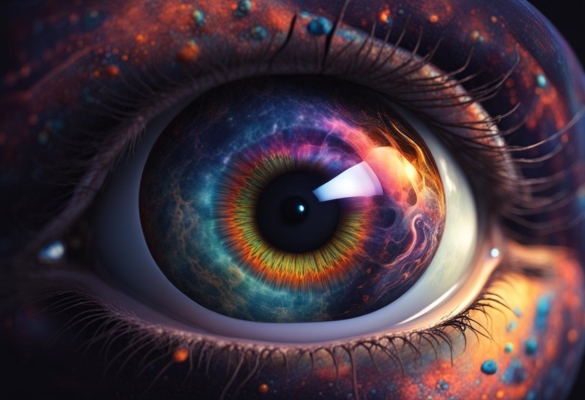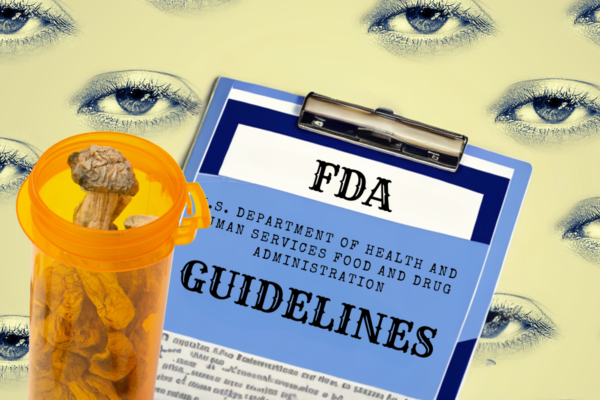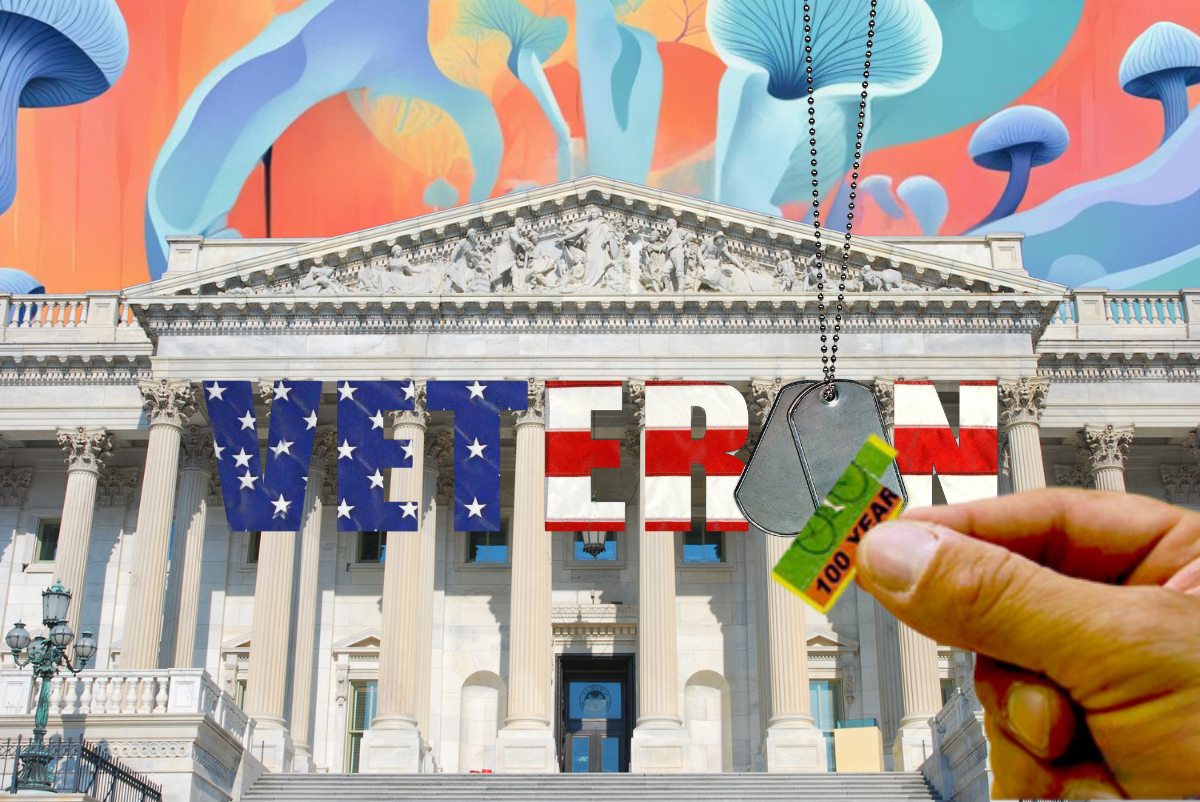
RESEARCH
MAPS PBC Announces Submission of New Drug Application to the FDA for MDMA-Assisted Therapy for PTSD
On December 12, MAPS Public Benefit Corporation announced their submission of New Drug Application (NDA) to the FDA for their MDMA-assisted therapy for PTSD program, marking a historic moment for the mental health field.
This is a significant milestone for the psychedelics industry. According to MAPS PBC’s CEO, Amy Emerson, “If approved, MDMA-assisted therapy would be the first psychedelic-assisted therapy” which she hopes “will drive additional investment into new research in mental health.”
According to Rick Doblin, the founder and president of MAPS, MDMA, currently classified as a Schedule 1 drug, is on track to possibly be approved by the FDA as early as 2024.
Seeing that 2024 is just around that corner, it is difficult to predict exactly when the FDA will make its decision. However, MAPS was generous enough to provide us with an estimate. In its press release, the organization stated that the FDA will have 60 days “to determine whether the NDA will be accepted for review and whether it will be a priority or standard review (six months or ten months, respectively).”
Although MDMA-AT may encounter some obstacles that may add a few more months to the expected timeline, such as the need for a Risk Evaluation and Mitigation (REMS), the fact that the federal agency had already designated MDMA as a “breakthrough therapy” will expedite MAPS’ application for approval.
In light of these factors, it’s reasonable to expect that the projected approval timeline would lean toward the 10th month mark, ultimately resulting in the rescheduling of the drug by the DEA, which will make it available for prescription medical use.
Is there any possibility that MDMA-AT won’t be approved next year? It seems highly unlikely. MAPS PBC’s has already initiated a recruitment process for approximately ten new positions, including a Head of Market Access, which will be responsible “to maximize access to MDMA-AT by securing optimal coverage, provider reimbursement, and distribution’, alongside other duties.” This move speaks volumes about the organization’s optimism regarding the smooth sailing of the review process from this point onward.
Read more here.
MindMed’s LSD (MM-120) Proves Effective in Reducing Anxiety
This week, fan-favorite biotech company MindMed announced positive results from its Phase 2b MM-120 LSD treatment for generalized anxiety disorder (GAD) trial. The results demonstrated a statistically significant improvement in anxiety symptoms according to the HAM-A measurement scale. Four weeks after receiving the administration of a single dose of MM-120, the patients reported a clinical response rate of 78% in the 100 µg and 200 µg dose groups. Notably, 50% of the participants in the 100 µg dose group achieved clinical remission after a month. It is also worth noting that the treatment was well-received and there were no significant adverse events except mild-to-moderate adverse effects, such as illusion, hallucinations, euphoric mood, anxiety, thinking abnormal, headache, paraesthesia, dizziness, tremor, nausea, vomiting, feeling abnormal, mydriasis and hyperhidrosis.
What’s next for MindMed? Like in most clinical trials, we can expected that the positive results of the company’s Phase 2b trial will support the advancement of MM-120 into a Phase 3 study for GAD. MindMed plans to hold an End-of-Phase 2 meeting with the FDA in the first half of 2024 and its Phase 3 clinical trials are expected to commence in the second half of 2024.
Read more here.
POLICY
California Senator Says State Is At Psychedelics ‘Inflection Point’ As He Plans Dialed-Back, Therapeutic-Focused Bill
Is the future of California’s psychedelic reform bright? State Senator Scott Weiner appears to believe so. During a virtual panel by the Psychedelic and Entheogen Academic Council, Senator Wiener emphasized the growing public awareness and bipartisan support for the therapeutic benefits of psychedelic substances, noting that this shift in public perception mirrors the age of marijuana legalization.
“I really think we are at a potential inflection point, with a broad population [that] is finally understanding the potential benefits of these substances,” Weiner said. “When you look at the polling—and we’ve seen polling in California and nationally—it actually was surprising to me the level of awareness that there is in the state and in the country about the potential benefits of psychedelics.”
Despite Governor Newsom’s veto of the broader psychedelics legalization bill, the Senator is optimistic about the progress of the revised bipartisan bill in 2024. He expressed his plans to partner with assembly member Marie Waldron for the new legislation with hopes to build a strong alliance which will lead to a future psychedelics decriminalization.
Read more here
Congress Greenlights Psychedelic Treatment Bill for Active Duty Service Members Suffering From PTSD
This Thursday, the U.S. House voted to approve the annual National Defense Authorization Act, which determines the budget and policy priorities for the Defense Department. The bill included U.S. Rep. Dan Crenshaw’s Douglas Mike Day Psychedelic Therapy to Save Lives Act, which would establish funding for the research and investigation of psychedelic treatments, such as MDMA and psilocybin, for active duty service members.
To participate in psychedelic research studies, active duty service members would need to be diagnosed with PTSD and associated comorbid disorders. They would also need to obtain clearance by the DOD. Psychedelic treatments will only be administered in a controlled environment with a therapist.
Read more here.
CULTURE
Deepak Chopra Praises Psychedelics’ Potential to Treat Depression, PTSD, and More
Loved by many and mocked by others for his new age approach, Deepak Chopra is one of the most influential spiritual thinkers of our time, leading a brand new wave of alternative medicine enthusiasts. Recently, Chopra shared his thoughts on psilocybin’s capacity to alleviate symptoms of depression, PTSD and a plethora of other psychiatric conditions. This isn’t the first and only time the alternative medicine advocate has spoken up about these powerful plant medicines. He also shared some mind-blowing wisdom connecting consciousness, psychedelics and our overall health in a clip promoting the Fantastic Fungi Global Summit in 2021.
There is, however, a reason behind his recent praise of psychedelics. Last year, psychedelic biotech Cybin partnered with The Chopra Foundation to increase awareness for the potential of psychedelic-assisted therapies. Recently, the biopharmaceutical company revealed remarkable results from its Phase 2 trial of synthetic psilocybin (CYB003) for Major Depressive Disorder. The clinical trial results demonstrated that a single administration of psilocybin significantly reduced symptoms of depression, outpacing conventional antidepressants within three weeks. It’s expected that Cybin will replicate these results in a Phase 3 study, which usually takes up to a year to complete thanks to psilocybin’s “breakthrough” designation. If the Phase 3 results confirm previous findings, the company will likely apply for FDA approval. It is around this time that we may see many more media appearances by beloved Deepak Chopra advocating for the use of psilocybin to treat depression.
“Psilocybin has been used for thousands of years in cultures across the world for depression, but also for the expansion of consciousness,” Chopra told Healthline. “We now know that psilocybin works as a serotonin agonist, which means it enhances the activity of the receptor to serotonin in the brain…and serotonin in the neuropeptide is associated with feeling pleasure or also joy or happiness, so it is very effective.”
Read full story here.
